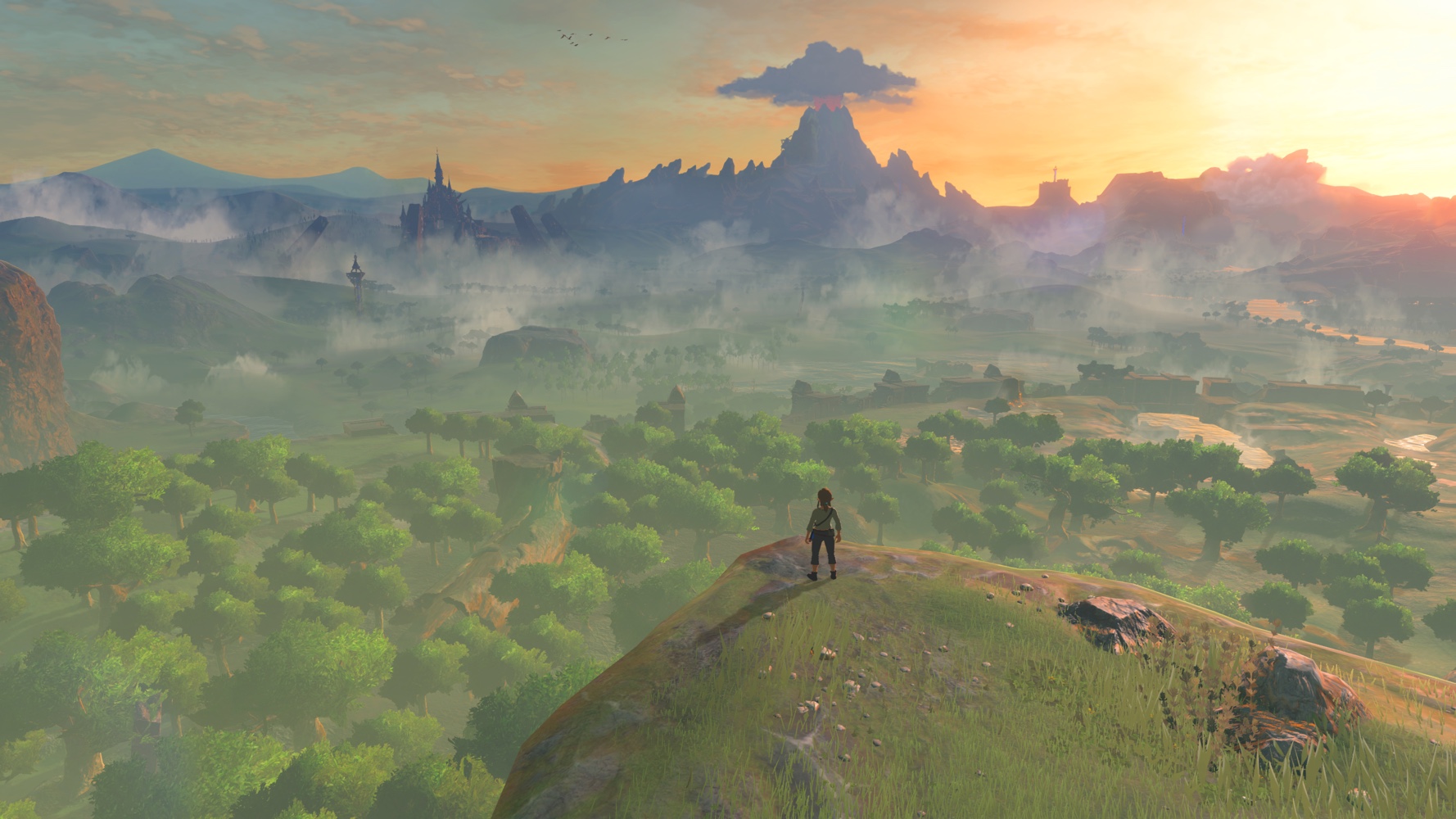
We could see Nintendo’s The Legend of Zelda on smartphones and tablets as early as next year, the Wall Street Journal reports, referring to the Kyoto company’s pledge to release a few mobile games based on its bestselling franchises per annual fiscal cycles.
The report, if correct — it’s sourced vaguely to “people familiar with the matter” — would be no great surprise. The Legend of Zelda is a cornerstone Nintendo property, far more recognizable to general audiences than something like Fire Emblem, a turn-based strategy roleplaying series that Nintendo brought to smartphones in early February. Or Animal Crossing, its next smartphone game, delayed but currently due by the end of March 2018.
That’s to say nothing of the whirlwind success of The Legend of Zelda: Breath of the Wild, a novel take on the fantasy adventure series that at last check has sold nearly 4 million copies between the Wii U and Switch. A Zelda smartphone game was all but predestined. The question was simply, “When?”
Sometime in 2018, claims the Journal‘s sources, to be preceded by the Animal Crossing mobile game sometime in the second half of 2017, though the sources add a get out of jail “timing and order of the releases could be changed” clause.
Nintendo’s first smartphone app, a social engagement curio dubbed Miitomo, arrived in March 2016. The company followed with Super Mario Run in December 2016, then Fire Emblem Heroes in February 2017. While Miitomo‘s usage numbers have been modest, Super Mario Run has racked up in the vicinity of 150 million downloads, though its “pay once” monetization model led Nintendo president Tatsumi Kimishima to express disappointment in conversion rate revenues (from free to paying players).
How would Nintendo monetize a Zelda smartphone game? One assumes at the very least unlike Miitomo, Super Mario Run or Fire Emblem Echoes. Nintendo made it clear, speaking to TIME earlier this year, that these games are partly experimental. Nintendo’s view of success isn’t merely financial. The company’s late president Satoru Iwata was understandably concerned about the “insincerity” of free-to-play games. We seem thus to be in the throes of a kind of mass laboratory attempt to shape consumer behavior, to see if world-recognized intellectual property can be leveraged in a way that mitigates exploitive slot machine-style business practices while still moving the needle on consumer buy-in.
More Must-Reads from TIME
- Donald Trump Is TIME's 2024 Person of the Year
- Why We Chose Trump as Person of the Year
- Is Intermittent Fasting Good or Bad for You?
- The 100 Must-Read Books of 2024
- The 20 Best Christmas TV Episodes
- Column: If Optimism Feels Ridiculous Now, Try Hope
- The Future of Climate Action Is Trade Policy
- Merle Bombardieri Is Helping People Make the Baby Decision
Write to Matt Peckham at matt.peckham@time.com